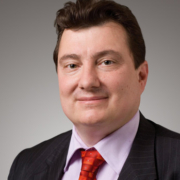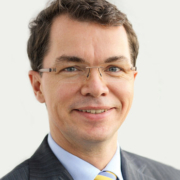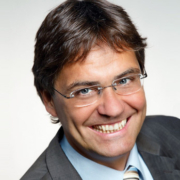Welcome to December, and a rather nautical analogy this month. I don’t mean the title of this piece literally of course messing with nature is what biotech is supposed to do (in a well thought-out and good way, of course) and I stand up to be counted with all those people who mess about with what nature and evolution have so kindly provided.
ADVERTISEMENT
Put simply, biotechnology is the use of living organisms to develop useful products. Its basic principles have been employed to alter plants and livestock for domestication for thousands of years.
Hurrah for the news that a GM yeast has been developed that can convert crop waste into biofuel! Not just because this is an awesome thing in its own right (which it is), but also because it opens up the intriguing thought that we could start using those rascals to do lots of things that GM-doubters would like.
The start of Europe’s new financial framework and the framework research programme Horizon 2020 seems a good moment to take a step back and look into some recent and not so recent – but even more substantial – changes in (bio-)technology policy paradigms.
A recent interesting look at markets beyond Europe has given some interesting food for thought. You know, sometimes the EU is actually easier to do business in than many other places. Sounds a bit crazy, but compared with some emerging markets, Europe looks like a safe place to invest in the longer term.
Biosimilar products are not generic medicines, nor are they identical to their reference product or each other. Instead, they are similar versions of well-established recombinant proteins with well-characterised structures and pharmacology. All biologics (biosimilars and reference products) have complicated safety and immunogenicity profiles.
Europe has a wealth of talent and skills embedded in its regions, skills which are highly diverse and usually associated with a long history of trade and culture.
As Horizon 2020 takes shape, I was keen to read about the new public private initiative that will target the bioeconomy. Public private partnerships mark a significant change in how collaborative research is undertaken in Europe, and they are a logical progression from the requirement to work across national borders.
In September of last year, the European Commission presented a proposal concerning a revision of the in vitro diagnostics medical devices (IVD) Directive. The European Parliament and Council will negotiate the concrete wording of the regulation in the coming months, which means it will probably enter into force within the next three to five years.
As part of the outcomes of the European Commission’s Process on Corporate Responsibility in the Field of Pharmaceuticals from 17 April 2013, Member States formally endorsed recommendations on a potential coordinated and collaborative approach to address access to orphan medicinal products: the Mechanism of Coordinated Access to Orphan Medicinal Products (MOCA).







